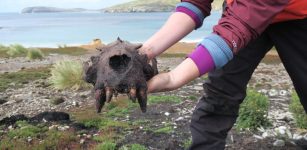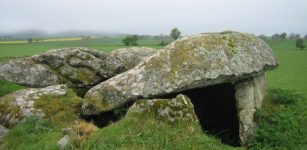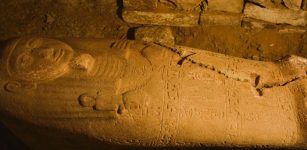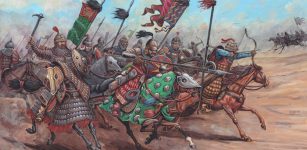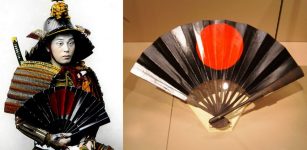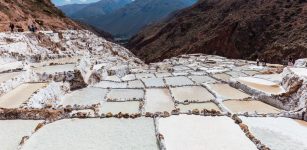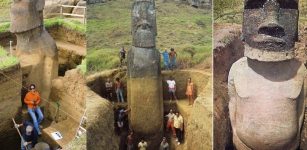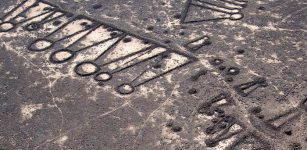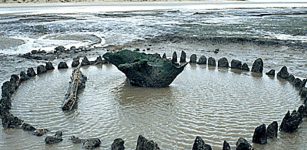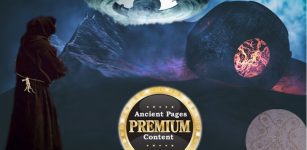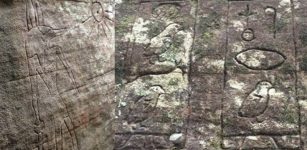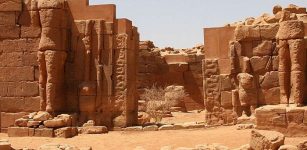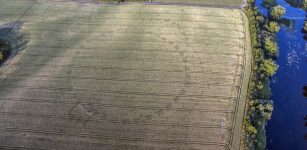Ancient Scents Can Be Reconstructed With Help Of Modern Science – Researchers Say
Jan Bartek - AncientPages.com - Scent has always been an integral component of the human experience, but up until now, the past has remained largely odorless. Most scents come from organic substances that decay quickly, leaving little for archaeologists to investigate thousands of years later.
Now a team of researchers from the MPI for the Science of Human History is looking for new ways to bring the "smellscapes" of the past back to life and using smell to study past experience, behavior, and society.
Credit: Adobe Stock - Freesurf
"Tracking scent in the deep past is not a simple task," says Barbara Huber, the lead author of the paper, "but the fact that history records expeditions of discovery, wars, and long-distance exchange to acquire materials with strong olfactory properties—like incense and spices—reveals how significant scent has been for humankind."
Understanding the sensorial dimension of human history and the use of odorous and aromatic substances can contribute knowledge about many aspects of the past—including ritual, perfumery, hygiene, cuisine, trade, and commerce. But because scent is part of how we experience, understand, and navigate the world, ancient scents can also provide insight into more general aspects of the past, from social hierarchy and social practices to group identity.
"Scent is a powerful and underappreciated aspect of human experience," notes Professor Nicole Boivin, senior author of the study and Director of the Department of Archaeology at the MPI Science of Human History "Smells reach our brain fairly directly and motivate us in critical ways—whether to avoid danger, identify something that is good for us, or remember something from our past, for example."
"Using only traces of scented substances preserved in archaeological artifacts and features," adds Huber, "novel methods are revealing the powerful odors that were a cardinal feature of ancient lived realities, and that shaped human action, thoughts, emotions, and memories."
See also:
Recreation Of Cleopatra’s Ancient Perfume
By leveraging potent new biomolecular and omics approaches, such as proteomic and metabolomics techniques, and linking new data with information from ancient texts, visual depictions, and the broader archaeological and environmental records, researchers stand to open up new aspects of the ancient world, our changing societies and cultures, and our evolution as a species. The authors of the new paper hope that more research into the rich "smellscapes" of the past will provide insight into the sensory worlds of long ago, and the diverse ways that people have captured scents from nature in order to shape human experience.
The study is published in Nature Human Behavior.
Written by Jan Bartek - AncientPages.com Staff Writer


